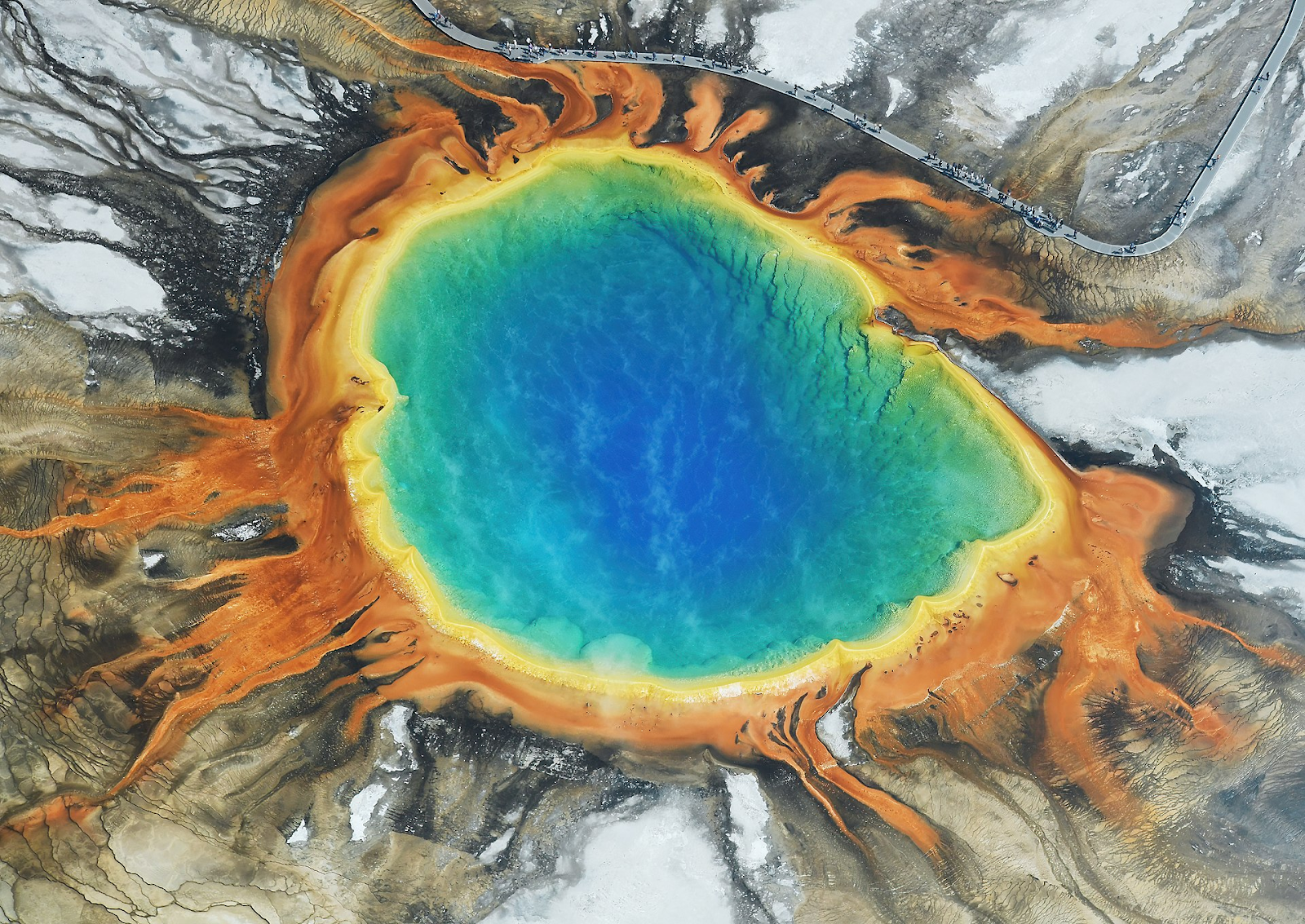Extremophiles are organisms that can survive in extreme environments, such as very hot or cold temperatures, acidic or salty water, and even in the vacuum of space. These organisms have adapted to live in places where other life forms cannot survive.
Scientists study extremophiles to learn more about how life can exist in harsh conditions and also to find new sources of energy.
Basic information about extremophiles organisms are presented as follows:
1. Extremophiles are organisms that can survive and thrive in extreme environments, such as extremely hot or cold temperatures, high pressures, acidic or alkaline pH levels, and low oxygen levels.
2. Extremophiles are found in a variety of habitats including hydrothermal vents, deep-sea trenches, polar ice caps, deserts, and even inside rocks.
3. The most common extremophiles are bacteria and archaea (single-celled microorganisms).
4. Extremophiles have evolved special adaptations to survive in their extreme environments such as the ability to produce enzymes that can withstand high temperatures or tolerate high acidity levels.
5. Some extremophiles have been found living at temperatures up to 113°C (235°F), which is close to the boiling point of water!
6. Extremophiles can also be found living in highly saline environments such as the Dead Sea or the Great Salt Lake in Utah.
7. Some extremophiles can survive without oxygen by using alternative sources of energy such as sulfur compounds or methane gas for respiration instead of oxygen.
8. Extremophiles have been used in biotechnology applications such as producing enzymes for use in laundry detergents and biofuels from algae grown in saltwater ponds.
9. Scientists believe that extremophiles may hold clues about how life could exist on other planets with similar extreme conditions to those found on Earth.
10. The study of extremophiles has helped scientists understand how life can adapt and evolve to survive even under the most extreme conditions imaginable!
Subscribe by Email
Follow Updates Articles from This Blog via Email



No Comments